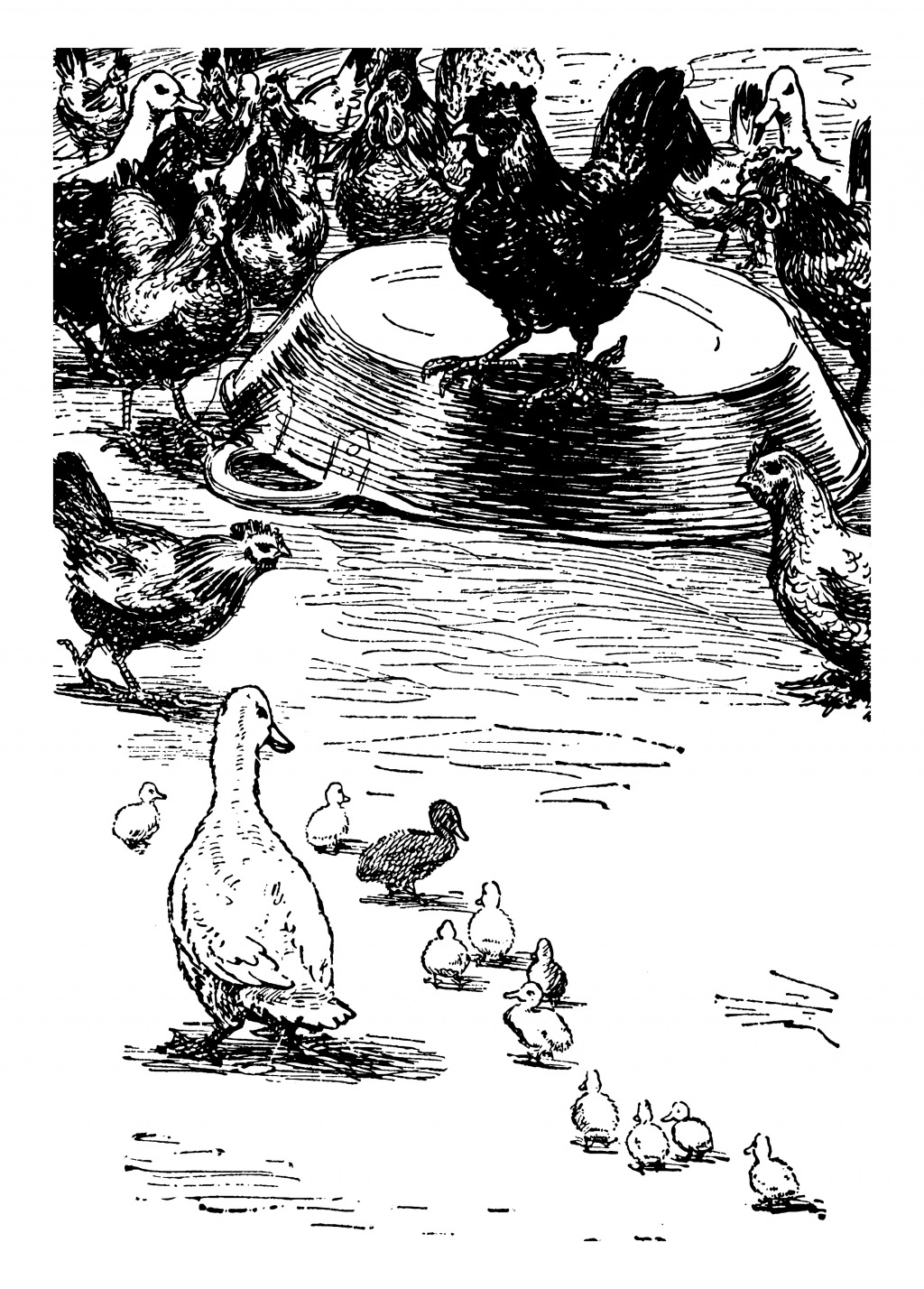‘Thou mightst behold the great image of authority: a dog's obeyed in office.” -William Shakespeare, King Lear
We’ve heard about Kings and Queens where I’m from. In fact, we’re named after one. The Philippines, named after King Philip II who never stepped foot in the country. The man who named the country after him was from Portugal. But all of that is history. Not ancient history, mind you. 20.4% of Tagalog, the Philippines’ national language, comes from Spanish and pretty much all of my family have Spanish last names. Everywhere you walk in The Philippines, the mark of other countries is seen in our cuisine, in our architecture and in our history.
That’s true of England, too. It’s just much less talked about. Comedian David Mitchell’s Unruly: A History of England’s Kings and Queens introduces us to England’s fascinating line of monarchs in a way that feels irreverent yet intimate. To me, it felt like tagging along with a friend to a party and someone close to the host is giving you all the juicy details. Throughout the book, Mitchell reiterates that he is not a professional historian but someone with a keen interest in the subject. When he does so, be prepared for the book to shine. “I’m not a professional historian so I don’t have to pretend I haven’t picked a side. In fact, I’d argue that historians telling themselves they haven’t picked a side are more misleading in an insidious way, because they definitely will have done, even if they don’t know it.” Sometimes Mitchell will use his absence of scholarly responsibility to veer into one of his famous rants, as seen on beloved panel shows such as Would I Lie to You?

Like the Kings and Queens he writes about, David Mitchell is sometimes more persona than person. Like the Kings and Queens he writes about, some of that persona is shed in this book. He imagines (because imagining is all one can do, even with the historical records surrounding these figures) their humanity - how love, loss, and family ties affect one’s choices as a ruler and emotions as a human being. Perhaps playing himself as a character for all of these years has let him connect with England’s monarchs in a way even many professional historians cannot.
For a review of such a vast period of history, the book never fails to feel current in its discussions of English political changes. Once again, this is a testament to David Michell as a communicator. He’s not just talking about English history, he’s talking to us about English history. We, with all of our nebulous preconceptions about which king died (or, more accurately, didn’t) die at the tip of a hot poker and the scandalous mystery of the princes in the tower. We like to believe that the monarchy doesn’t hold any power in the 21st Century but, seeing as the royal motto on the cover of our passports translates to “God and my right”, the precedent for their sovereignty remains in a state of “they might as well.” It’s not the state the English monarchy was in for most of its history. Unruly reminds us that, now and always, the idea of “who England is” is a matter of who tells its story.















